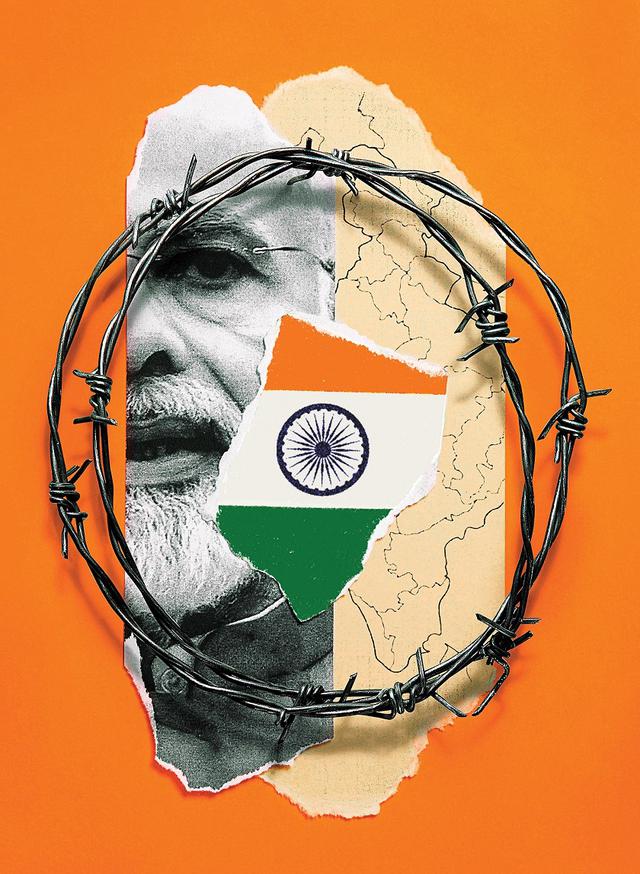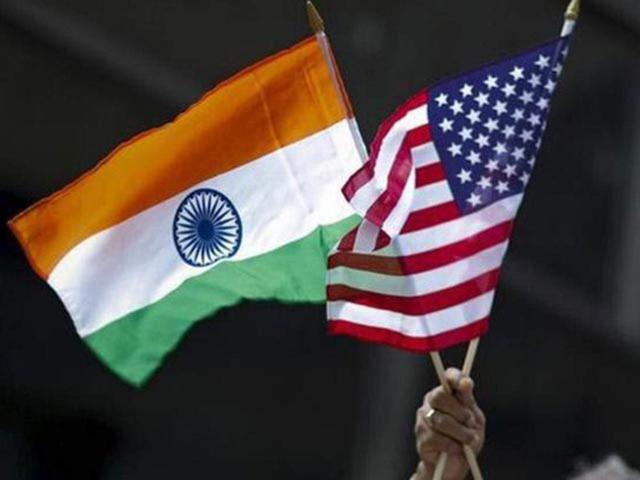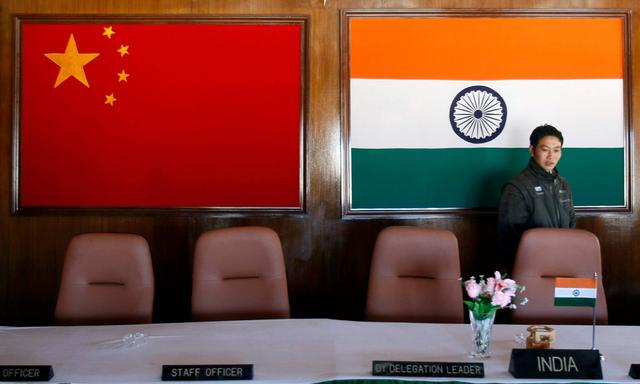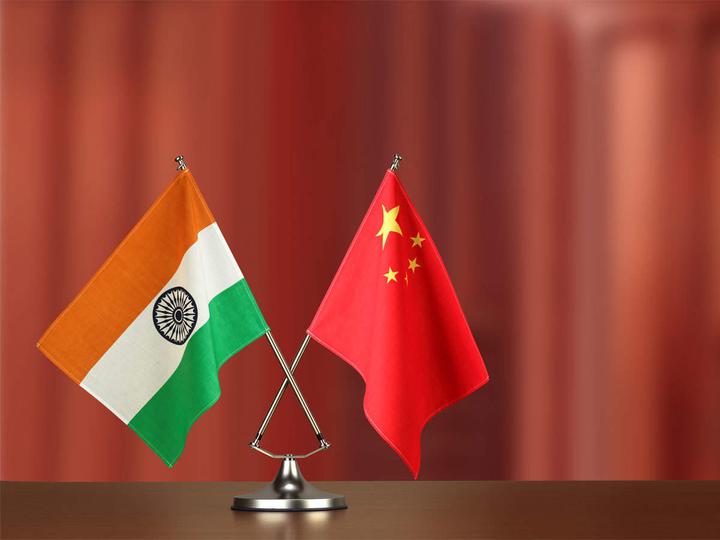By APD writer Alice
It will be economic “suicide” if India continues to confront China with the boycott of Chinese goods and the door-closing to Chinese guests, experts said.
Expert Qiu Yonghui, who works at the Institute of International Relations of the Sichuan University, said refusing to cooperate with China is like economic "suicide" of India. The New Delhi Hotel and Restaurant Owners Association has banned members from working with Chinese guests. The ban applies to 75,000 rooms in three- and four-star hotels. It also called for reducing use of Chinese products.
Hotel and restaurant business activities of the Indian capital have been seriously affected during the COVID-19 pandemic. The time for tourism recovery has yet to be ascertained. Therefore, the call to "close the door" to Chinese guests, at least, sounds like populism, he noted.
Qiu called it a manifestation of nationalism and racist action. “Every time the difficulties in Sino-Indian relations increased the calls for boycotting Chinese goods in India, as well as various actions in this direction.
The current boycott campaign is the largest in scale, most likely due to the recent border conflict between China and India in the Galvan region. Ethnic and extremist forces in India continue to criticize Chinese goods, as well as Chinese shops and companies in India. These attempts are being made to attack the Chinese economy, and ultimately to oppose China.

He said refusing to serve Chinese people in hotels is an act of racism, and also an act that is difficult to be expained in terms of economy because India had at one time invested a significant amount of money in developing Indian hotel reservation network in China.
The Chinese expert compared India's efforts to politicize investment cooperation with China as a form of "suicide". "India's irrational move is the suspension of investment projects with three Chinese automobile engineering and manufacturing companies.
In fact, cooperation with China promotes industrialization and employment in India, contributing to the success of Modi's "Make in India" plan, he said.
Such actions are like economic suicide as they destroy the business environment in India. In the context of a crisis related to the pandemic, difficulties in the world economy and political upheaval, such actions, only determined by political populism, really harm India, he affirmed.
Recently, Indian media spread news that an activist of the ruling Bharatiya Janata Party (BJP) in Mumbai had threatened to "break the legs" of anyone buying Chinese goods. There was also information that authorities in Haryana and Uttar Pradesh states had canceled import contracts with Chinese companies.

Commenting on these and other similar information, expert Alexey Kupriyanov from the Institute of World Economy and International Relations of the Russian Academy of Sciences (IMEMO RAS) noted that the calls to boycott Chinese goods are not backed by the central government but parties trying to score political points. They are lobbied by economic associations that benefit from Chinese commodities withdrawing from the market in individual segments. They are supported by overly patriotic citizens who sit at home and know what have been happening at the border with China in recent months through newspapers.
The expert stated the current boycott of Chinese goods is just a local initiative. It is not Modi who orders an end to trade with China. Before the border clashes and COVID-19 pandemic, India, by contrast, saw trade with China as a great opportunity for itself. Indian economists considered the trade war between China and the US as a great opportunity to enter the Chinese market to replace some US products with Indian ones in the market. On the other hand, the US’s withdrawal of production facilities from China is also beneficial for India, because they will be transferred to India. From the central government's point of view, India is interested in increasing trade with China. ”
According to the Russian scholar, in any case, India needs Chinese goods. It also needs Chinese materials to produce goods. In addition, India always pays attention to Chinese investment. Therefore, any restriction on cooperation with China clearly contradicts India's national interests, he asserted.
The boycott of Chinese products came from the border clashes between India and China in the Galwan Valley region, which killed 20 Indian soldiers.
A recent online survey on LocalCircles in India showed that up to 87% of the 32,000 respondents said they would not sell and use "Made in China" goods for at least a year. Earlier, Indian consumers and businesses also simultaneously called for a boycott of Chinese goods.
Last week, the Indian government said it would raise import taxes on 300 items imported from China. The Indian Department of Telecommunications has ordered public and private telecommunications service companies to stop all agreements with Chinese enterprises. Chinese companies are also banned from bidding on all Indian telecom infrastructure development projects, including those to upgrade 4G services.

The Confederation of All India Traders (CAIT) - representing more than 60 million traders in India - said it would boycott 450 brands selling more than 3,000 products originating from China. Republican Party President Ramdas Athawale also urged people in the country to say "no" to Chinese food and restaurants.
However, the Indian economy depends significantly on raw materials imported from China. China is India's second largest trading partner, behind only the US. Trade with China accounts for more than 10% of total Indian trade.
Therefore, experts say that India will suffer many losses if it "wipes out" Chinese goods after bloody clashes at the border. According to the Times of India, UN statistics show that about 15.3% of imports into India come from China while only 5.1% of Indian exports go to China.
As a "factory of the world", China plays a major role as a trading partner of many countries in the world. Therefore, experts say that the damage to China from India's wave of boycotts is not too great.
In addition, investment from China into India has steadily increased over the past 20 years. FDimarkets' report shows that from 2003 to 2020, about 225 Chinese companies poured money into India. The Chinese telecommunications industry has a significant presence in India. Huawei and Xiaomi are currently deploying 13 large-scale projects in India, ZTE and Vivo have 5 projects.
The Indian economy is in serious recession due to the impact of the Covid-19 pandemic. Therefore, a trade war with China will greatly affect the Indian economy.
(ASIA PACIFIC DAILY)
